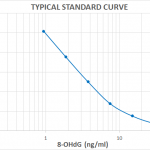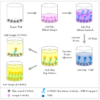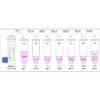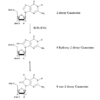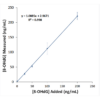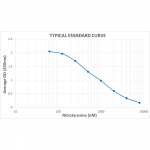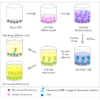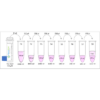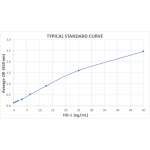Oxidative Stress
What is Oxidative Stress?
Oxygen plays a critical role in cellular respiration. Reduction of oxygen, which occurs in all aerobic organisms through distinct mechanisms, results in the formation of reactive oxygen species (ROS, or free radicals).
Generation of these reactive oxygen species (including superoxide, hydrogen peroxide and hydroxyl radicals), have been reported to be influenced by a variety of environmental factors like ultraviolet radiation (e.g. sun exposure) and cigarette smoke.
To counteract the effects of ROS in vivo, there are number of distinct antioxidant mechanisms within the cell, including superoxide dismutase, catalase, ascorbic acid and glutathione amongst others. Oxidative stress results when there is an imbalance between the production of ROS and neutralization via antioxidant defenses, creating a steady state level of oxidative damage in a cell, tissue, or organ, caused by the reactive oxygen species (ROS).
In humans, oxidative stress contributes to a decline in cellular function and is thought to be involved in the development of a number of disease states including cancer, Alzheimer’s disease, atherosclerosis and cardiovascular disease, Parkinson’s disease, chronic fatigue syndrome and many more. However, elevated reactive oxygen species can also be beneficial, as they are used by the immune system as a way to attack and kill pathogens.
Oxidative stress research requires a great diversity of life science products. We are dedicated to developing cutting edge research products to aid in the study of oxidative stress, including antibodies, proteins, immunoassays, and small molecule inhibitors.
View all Oxidative Stress Products
